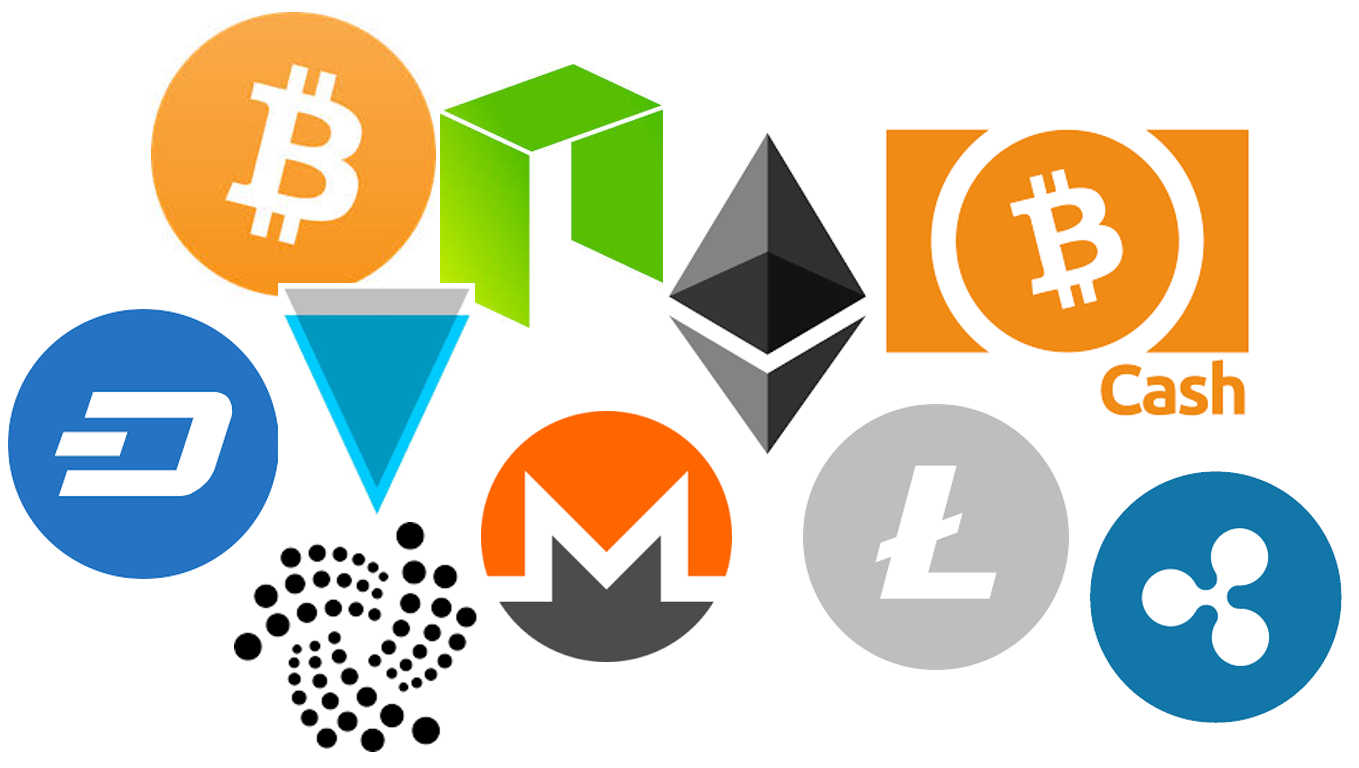Ein Schülerblog von Christoph Schwarzl, Markus Tomsik.
Blockchain
A blockchain is a growing list of records, called blocks, which are linked using
cryptography. Each block contains a cryptographic hash of the previous block, a
timestamp, and transaction data (generally represented as a merkle tree root
hash).
By design, a blockchain is resistant to modification of the data. It is „an
open, distributed ledger that can record transactions between two parties
efficiently and in a verifiable and permanent way“. For use as a distributed
ledger, a blockchain is typically managed by a peer-to-peer network collectively
adhering to a protocol for inter-node communication and validating new blocks.
Once recorded, the data in any given block cannot be altered retroactively
without alteration of all subsequent blocks, which requires consensus of the
network majority. Although blockchain records are not unalterable, blockchains
may be considered secure by design and exemplify a distributed computing system
with high Byzantine fault tolerance. Decentralized consensus has therefore been
claimed with a blockchain.
Blockchain was invented by a person using the name Satoshi Nakamoto in 2008 to
serve as the public transaction ledger of the cryptocurrency bitcoin. The
identity of Satoshi Nakamoto is unknown. The invention of the blockchain for
bitcoin made it the first digital currency to solve the double-spending problem
without the need of a trusted authority or central server. The bitcoin design
has inspired other applications, and blockchains which are readable by the
public are widely used by cryptocurrencies. Blockchain is considered a type of
payment rail. Private blockchains have been proposed for business use.
Auszug aus: https://bit.ly/2oeuQpZ. (11 Feb. 2019)
Cryptocurrencies
A cryptocurrency is a digital asset designed to work as a medium of exchange
that uses strong cryptography to secure financial transactions, control the
creation of additional units, and verify the transfer of assets.
Cryptocurrencies use decentralized control as opposed to centralized digital
currency and central banking systems.
The decentralized control of each cryptocurrency works through distributed
ledger technology, typically a blockchain, that serves as a public financial
transaction database.
Bitcoin, first released as open-source software in 2009, is generally considered
the first decentralized cryptocurrency. Since the release of bitcoin, over 4,000
altcoins (alternative variants of bitcoin, or other cryptocurrencies) have been
created.

Auszug aus: https://bit.ly/1hIi2CF (11 Feb. 2019)
Kurier.at beschreibt die Blockchain folgendermaßen:
“Die disruptivste Erfindung seit dem Internet”
Zitat von: https://bit.ly/2U8TmZ2 (26 Feb. 2019)
Blockchain in der Medizin
“Die Blockchain ermöglicht es in der Gesundheitsbranche einige bisherige
Probleme der Industrie zu lösen. So ermöglicht sie eine sichere, dezentrale
Datenbank mit Gesundheitsinformationen, auf die Ärzte und freigegebene Anbieter
zugreifen können, um alle für sie notwendigen Daten einzusehen. Dies ist mit
Hilfe der neuen Technologie nicht nur um einiges sicherer und kontrollierter,
sondern spart auch Zeit, da umständliche Datentransaktionen außen vor bleiben.
Der Arzt hat somit mehr Zeit für die Versorgung seiner Patienten und bekommt
schneller aktuelle Informationen aus der Forschung.
Wenn Sie nun zusammenzucken, dass Sie so vielen Leuten Zugang zu Ihren
medizinischen Daten geben sollen, ist dies berechtigt, doch es gibt viele
Gründe, warum Sie jemandem Zugang zu Ihren Informationen geben sollten. Das
einfachste Beispiel wäre der Umzug in eine neue Stadt, hier wäre es kein
umständliches Versenden der Gesundheitsakten, sondern eine einfache Freigabe,
die ihrem neuen Arzt ermöglicht ihre Krankengeschichte einzusehen. Auch bei
Notfällen kann schneller auf mögliche Allergien oder Unverträglichkeiten
zugegriffen werden. Die neue Technologie kann somit im Notfall Leben retten.”
Zitat von: https://bit.ly/2Mb5STL (26 Feb. 2019)






